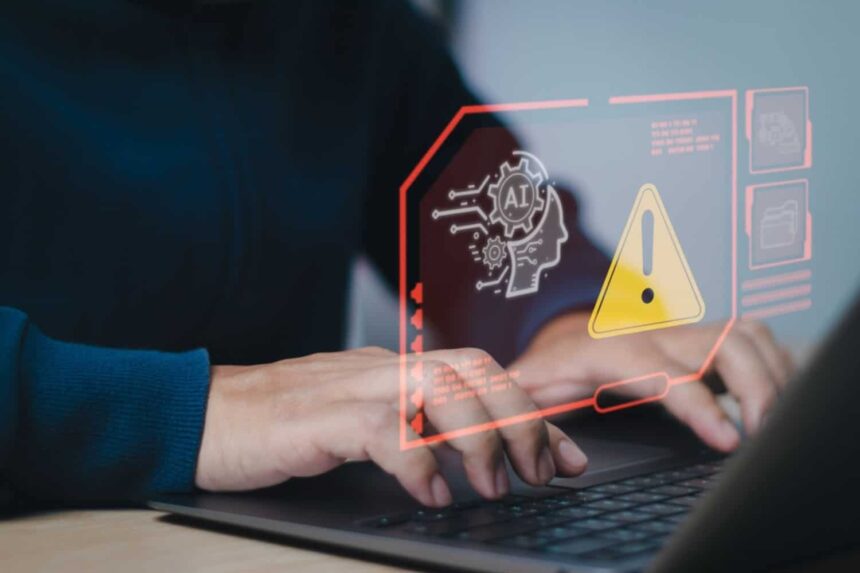AI Assistants in South Africa: Navigating the Risks
As the demand for efficient and speedy service grows, Artificial Intelligence (AI) assistants are becoming increasingly prevalent in South Africa. Companies are turning to digital assistants (DAs) to handle customer inquiries and provide support for various services.
Risks of AI Assistants
With the proliferation of AI assistants in South Africa, there are also accompanying risks. According to Zaheer Ebrahim, Solutions Architect for Trend Micro in the Middle East and Africa, the evolution of AI assistants has been remarkable. These assistants have advanced from performing simple tasks to sophisticated conversational agents powered by large language models.
While AI assistants can understand and respond to natural language queries accurately, Ebrahim highlights that with increased sophistication comes complex security risks. Developers and users must be proactive in addressing these emerging threats to ensure the benefits of AI are not overshadowed by vulnerabilities.
Emerging Threats
As AI assistants become more integrated into daily life and interact with various devices and services, they become targets for malicious actors. The collection of personal data through interactions with AI assistants raises privacy concerns, making robust data protection measures essential.
Encryption of sensitive data and prioritizing security measures is crucial to safeguard user information from unauthorized access or misuse. Additionally, malicious “custom skills” can pose a threat by providing false information or manipulating the assistant’s responses.
Social Engineering Risks
Social engineering tactics can be executed through AI assistants, where attackers manipulate the output to deceive users. This poses a significant threat, especially as AI assistants handle more sophisticated tasks like managing user finances.
Recommendations for Mitigating Risks
To address these threats, developers and users must collaborate to promote security awareness and responsible behavior. Implementing robust authentication mechanisms and encrypting sensitive data at various levels can protect against unauthorized access.
Utilizing advanced threat detection techniques, machine learning algorithms, and behavioral analysis can proactively defend against evolving cyber threats. By adopting a holistic approach and prioritizing security measures, the risks associated with AI assistants in South Africa can be effectively managed.







